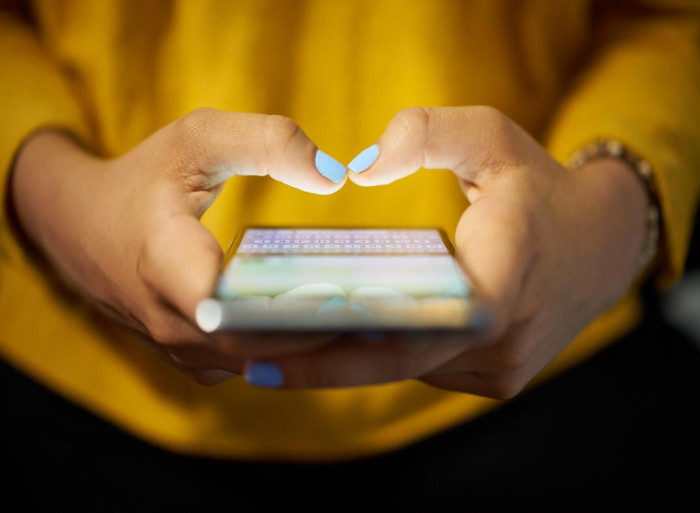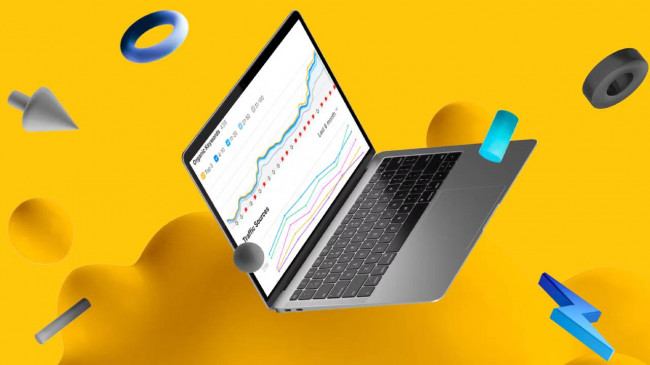We type every day without thinking twice, sending emails, chatting with friends, searching for answers, or logging into bank accounts. The keyboard has become so ordinary that it almost disappears into the background of our digital lives. But here’s the unsettling truth: this simple tool might be one of the biggest windows into who we are.

The Fingerprint You Didn’t Know You Had
Every person types differently. Some race across the keys, others hesitate and correct themselves often. These tiny quirks create what experts call keystroke dynamics, a typing rhythm as unique as a fingerprint.
Researchers have shown that typing speed, pauses, and even common errors can identify someone with remarkable accuracy. Imagine logging into a site without a password, just based on your typing style. Convenient? Yes. But also a reminder that your keyboard is silently collecting a signature that belongs only to you.
When Helpful Turns Creepy
On your phone, predictive keyboards finish your words, suggest phrases, and sometimes even guess your mood. To offer that convenience, the app studies your behavior. It doesn’t just learn spelling, it learns you.
Some apps keep this data on your device, but others send it to the cloud. That’s where it gets risky. Breaches have happened where millions of conversations, names, and contact details were exposed. Suddenly, the private notes you typed in confidence, whether a love message or a password, aren’t so private anymore.
The Dark Side: Keyloggers
Beyond the apps we choose, there’s a darker possibility: keyloggers. These programs track every single keystroke. Hackers often use them to steal bank details or login credentials. But they’re not always underground tools, some companies and schools install versions to monitor employees or students.
The uncomfortable reality is that once a keylogger is active, nothing you type is safe. Even deleted drafts or half-written thoughts get captured. Your keyboard shifts from being your voice to being a surveillance system.
Beyond Words
We usually think of typing as just producing text, but it goes further. The way you type can hint at your mental or physical state. Studies suggest that stress makes people type more erratically. Fatigue slows down the rhythm. Some research even connects irregular typing with early signs of conditions like Parkinson’s disease.
That means your keyboard doesn’t just reveal what you say. It reveals how you feel a level of intimacy most people never realize they’re giving away.
So What Can You Do?
The solution isn’t to stop typing. Instead, it’s about being mindful:
- Stick with trusted apps. Default keyboards from Apple or Google are generally safer than unknown ones.
- Review permissions. If a keyboard app wants access to your camera or GPS, that’s unnecessary.
- Add two-factor authentication. Even if someone logs your keystrokes, they won’t get past an extra code.
- Be cautious with work devices. Many organizations use monitoring software types accordingly.
Small steps like these don’t take much effort, but they can protect you from giving away more than you intend.
The Quiet Trade-Off
The keyboard hasn’t changed much in decades, but the way it interacts with our lives has. What once was a simple tool for typing is now a sophisticated source of data about who we are.
We’ve traded privacy for convenience without realizing it. Our devices save us from typos and predict our next words, but they also learn our habits, moods, and secrets in the process.
Your keyboard doesn’t just record your words. It remembers your rhythm, your mistakes, and sometimes, even your state of mind.
So the next time your keyboard “knows” what you’re about to type, pause for a second. Ask yourself, how much does it really know, and who else is paying attention?











Comments